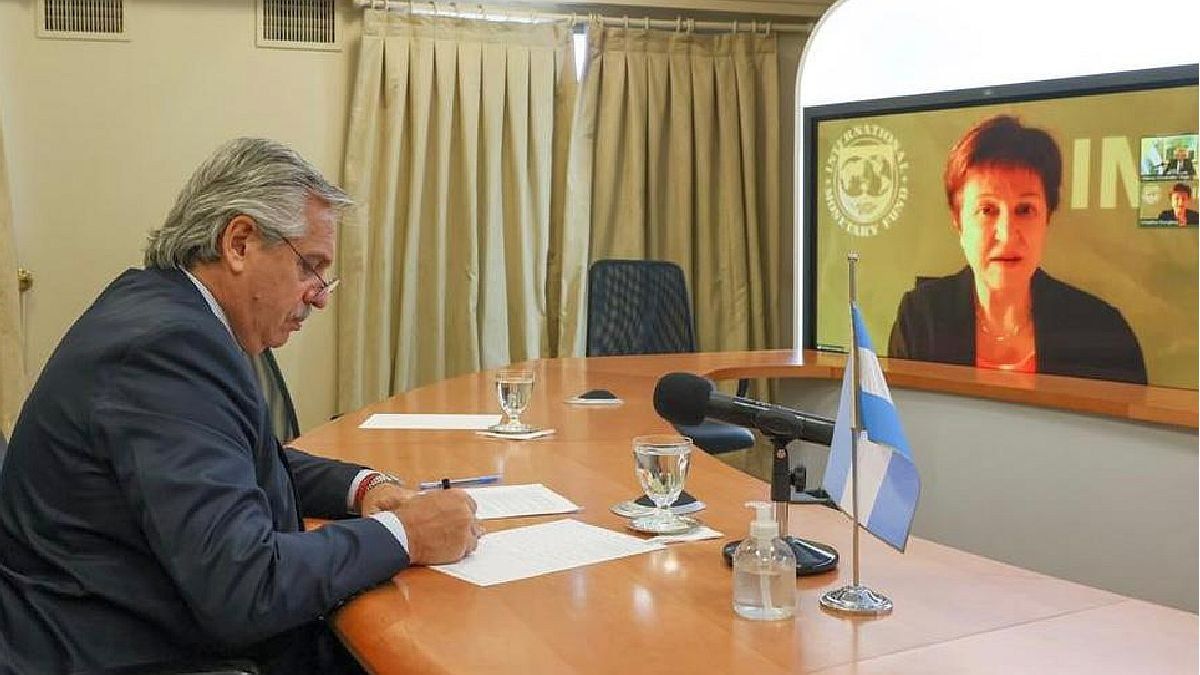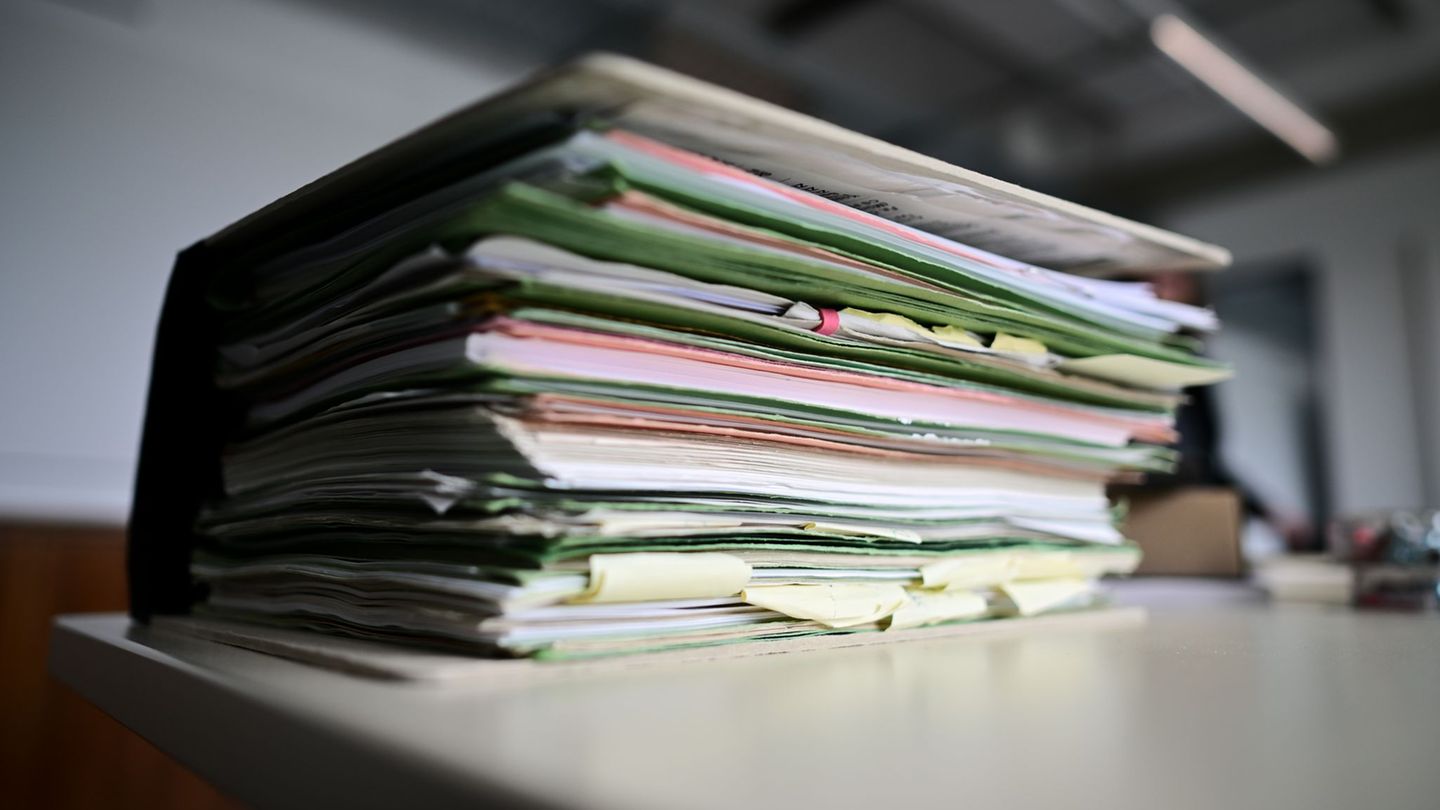The central argument for incorporating this modification into its course is rooted in an equation that runs through all the conversations between Minister Guzmán and negotiator Julie Kozack: the Casa Rosada has shaped in its proposal a future architecture of lower costs and higher income. These higher revenues would also imply better control of foreign exchange and its use, both at the tax and exchange level. The Government’s intention is to advance in this modification towards the end of this year, prior joint work with the IMF. According to the document that is being worked on to be sent to Congress, it intends to “improve effectiveness and equity” of the capital flow management system, that is, the inflow and outflow of financial dollars from the country.
With respect to this, he points out that the administration of the capital account -from which the exchange rate is derived, but also the different windows of the financial exchange rate- “It will continue to be a key element of our toolkit that will require ongoing calibration under circumstances as circumstances evolve.”
Guzmán points out that certain regulations that limited the trading of foreign currency securities have recently been revoked. And he maintains in the document that “…as conditions normalize, we will try to ease regulations on import payments to support the economic recovery.”
ALBERTO FERNANDEZ AND MARTIN GUZMAN
Alberto Fernandez Twitter
However. Linked to this, he advances in the idea of promoting the “supervision and application of exchange control measures” through better data collection and better monitoring of operations. It also promises the IMF better coordination between the relevant agencies (BCRA, AFIP, Customs) to optimize fraud detection.
However, he goes further when he mentions “the introduction of the authorization of administrative fines to make the sanctions framework more efficient and improve the timeliness of applying control measures”.
Here, then, is the proposal to modify the penal exchange regime that, says the document, will be presented to Congress no later than the end of 2022. Along these lines, the Government’s intention is also “examine the possibility of expanding the powers of the BCRA to regulate and supervise a broader set of transactions that affect Argentina’s balance of payments”.
Of course, the Government also opens a window of expectation. He maintains that the design of a “strategic roadmap” for the gradual relief of exchange controls “defining the necessary conditions for their implementation and their objectives”.
Not a minor detail is the mention of a “work plan”, which “will be prepared in consultation with IMF staff, will be based on relevant international experiences and at the same time will take into account factors specific to Argentina, including its debt profile public policy, reserve coverage and a high degree of dollarization”.
committed changes
The Exchange Criminal Regime It is the one that applies penalties of fine and imprisonment. The peculiarity is that the BCRA acts, until now, as an investigating judge. This is where the government wants to give the entity more power, to impose control and punishment. Violations of the regulations governing exchange control are sanctioned by Law 19,359, which dates back to 1971.
Always speaking in exchange matters, and from the point of view of people and companies, according to specialists, the responsibility in this area is of a criminal nature, that is to say that the fault implies consequences with greater rigor than a mere administrative fine.
As it is in force today, non-compliance with the Penal Exchange Regime is presented as a “crime” and, as such, the defendants are subjected to a legal treatment similar to that of someone who has been prosecuted for a crime against property, such as robbery or theft. For example, during the process of substantiation of the foreign exchange criminal summary, the Central Bank can impose porte measures, such as prohibiting the exit of the country, lock embargoes, etc. In fact, those who are found as organizers and even those who participate in some maneuver, depending on the case, can be denounced for illicit association, a figure that carries a maximum sentence of 10 years. Linked to this, it often leads to charges for money laundering, tax evasion or unauthorized financial intermediation.
As was said, the current Penal Exchange Regime not only sanctions human beings who have committed an infraction, but also the company. The activities that are sanctioned can range from an exchange negotiation that is carried out without the intervention of an authorized institution, false declarations related to exchange operations, forgetfulness or omissions when rectifying the declarations produced (or making the corresponding readjustments), even operations that are not perfected by the amount, currency or even the price, in the established terms and conditions. Specialists maintain that the fine is made jointly and severally effective on the assets of the company and of the directors, legal representatives, agents, managers or trustees.
It often happens that, in the face of a formal infraction, such as the omission to liquidate the foreign currency from the collection of an export within the stipulated period, no matter how insignificant the amount, it results in an exchange summary on the agent of the company that signed the ticket. of exchange, the person in charge of the foreign trade area, the president of the company, and in some cases, all the members of the board of directors.
Source: Ambito
David William is a talented author who has made a name for himself in the world of writing. He is a professional author who writes on a wide range of topics, from general interest to opinion news. David is currently working as a writer at 24 hours worlds where he brings his unique perspective and in-depth research to his articles, making them both informative and engaging.




